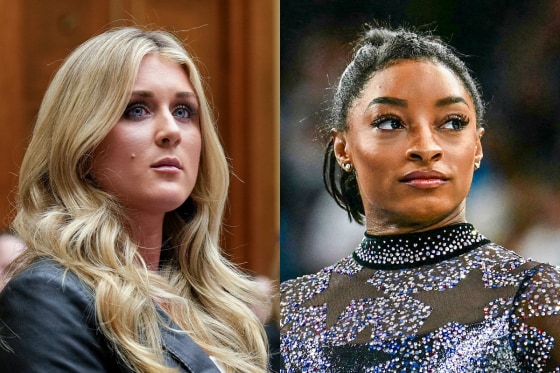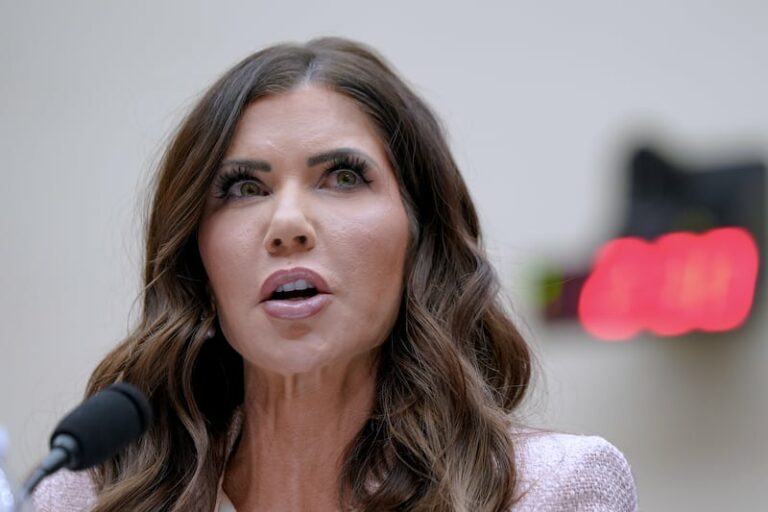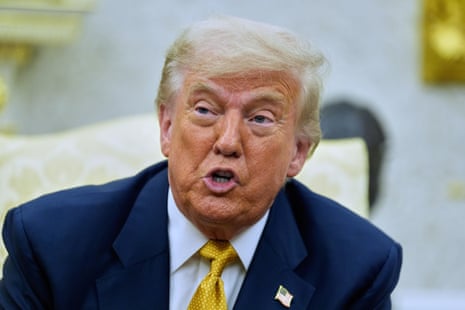Understanding the Debate: Riley Gaines and Simone Biles on Transgender Athletes
The conversation around Riley Gaines and Simone Biles has brought the issue of transgender athletes in sports to the forefront of public discussion. This topic has sparked intense debate, igniting discussions about fairness, inclusivity, and the future of competitive sports. In this blog post, we delve into the backgrounds of these two remarkable athletes while exploring the implications of their views on transgender participation in athletics.
Who Are Riley Gaines and Simone Biles?
Riley Gaines is an American swimmer and a vocal advocate for women’s sports. Known for her competitive spirit and remarkable achievements in the pool, she has become a prominent voice in the ongoing debate about the inclusion of transgender athletes in women’s competitions. As a former NCAA swimmer, she has firsthand experience in dealing with the challenges posed by the presence of transgender athletes in female categories.
Simone Biles, on the other hand, is celebrated worldwide as one of the greatest gymnasts of all time. Her accolades include multiple Olympic medals and a reputation for pushing the boundaries of the sport. Biles has also spoken publicly about mental health and athlete welfare, adding a layer of complexity to her perspectives on sports and competition.
The Controversy: Transgender Athletes in Sports
The core of the controversy lies in the participation of transgender athletes in gender-segregated sports categories. Many argue, including Riley Gaines, that allowing transgender women (assigned male at birth) to compete in women’s sports undermines fair competition due to potential physical advantages.
Supporters of transgender inclusion contend that sports should be accessible to all, regardless of gender identity. The inclusion of transgender athletes can enhance diversity and representation in sports, which can be beneficial for the athletes and the audience alike. This debate is not only centered on competitive integrity but also on the rights of individuals to express and affirm their identities.
Gaines and Biles’ Perspectives
Riley Gaines has made headlines for her outspoken views on the topic. During interviews and social media posts, she has emphasized the need for policies that protect the integrity of women’s sports. Gaines argues that the physiological differences stemming from male puberty give transgender women advantages in physical competitions, challenging the fairness of allowing them to compete against cisgender females.
Simone Biles, while not as outspoken on the topic as Gaines, has emphasized the importance of mental health and athlete wellbeing over strict regulations. She posits that discussions about inclusivity and fairness must consider the psychological impacts on all athletes involved, suggesting that the path forward may not be one-size-fits-all.
The Broader Context of Inclusion in Sports
The conversation about transgender athletes intersects with larger questions about inclusion and representation in sports. As society progresses towards greater acceptance of diverse identities, sports organizations worldwide are grappling with how to balance the integrity of competition with the rights of individuals to participate. The NCAA, for example, has issued policies regarding transgender athlete eligibility, signifying a move toward inclusiveness while remaining mindful of competitive balance.
Discussions are also occurring at international levels, such as the Olympics, which have specific guidelines in place for transgender athletes. These policies typically require individuals to demonstrate a certain level of testosterone suppression for a given period, asserting an attempt to level the playing field.
Potential Solutions and the Road Ahead
Finding a solution that satisfies both sides of the argument remains a complex endeavor. Some proposed strategies include:
- Creating open forums for discussion among athletes, coaches, and stakeholders to share perspectives and experiences.
- Implementing hybrid competition categories that allow for the inclusion of all athletes while maintaining traditional competitive categories.
- Scientific research into the physiological impacts of hormone therapy on athletic performance to guide policy decisions.
As the discussions continue, it is crucial to engage athletes like Riley Gaines and Simone Biles, whose experiences can illuminate the often competing priorities of fairness in competition and the need for inclusivity in sports.
Conclusion: The Future of Sports
The conversation surrounding Riley Gaines and Simone Biles sheds light on a pivotal moment in sports history. As the landscape evolves, it is imperative that all voices are heard and respected. Working towards a solution that fosters both fairness and inclusivity in sports can lead to an environment where everyone, regardless of their identity, can compete and thrive. Navigating this complexity may challenge traditional norms, but it is also a profound opportunity to redefine what sportsmanship means in the 21st century.








